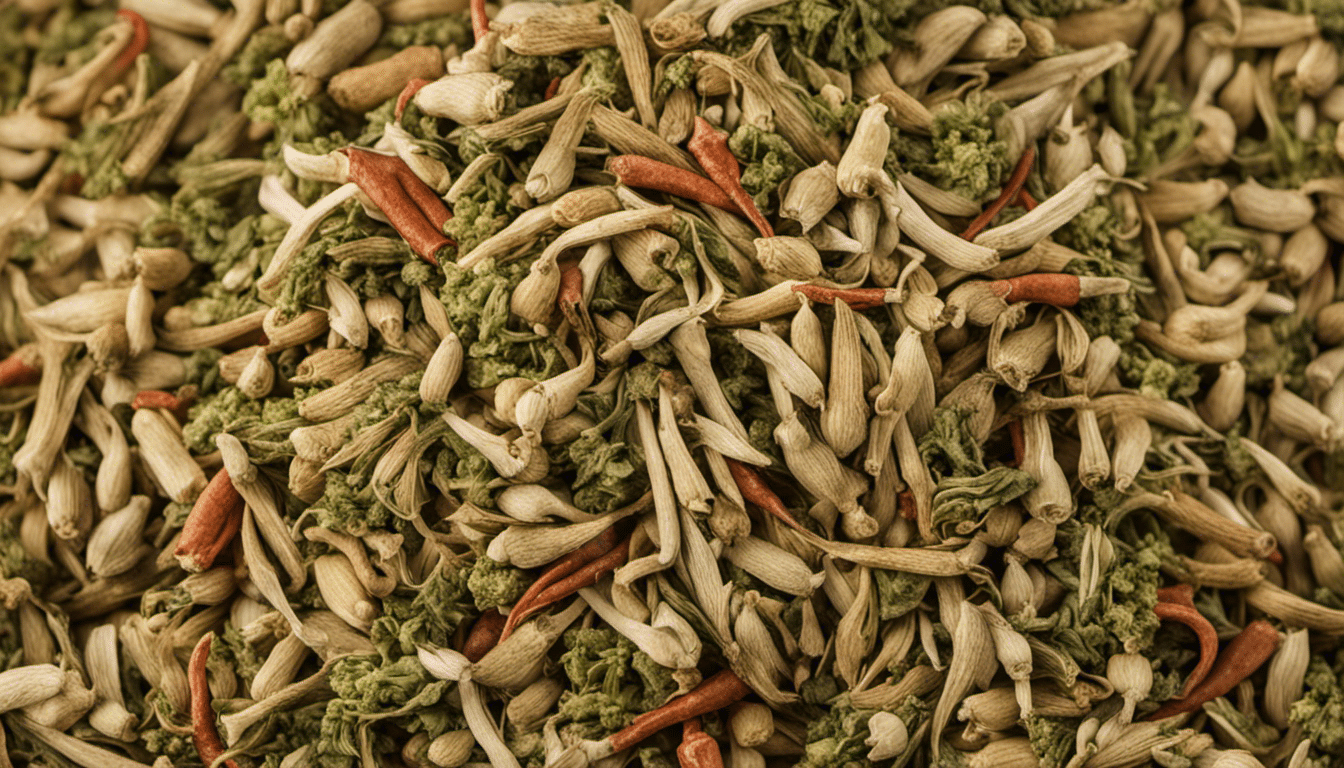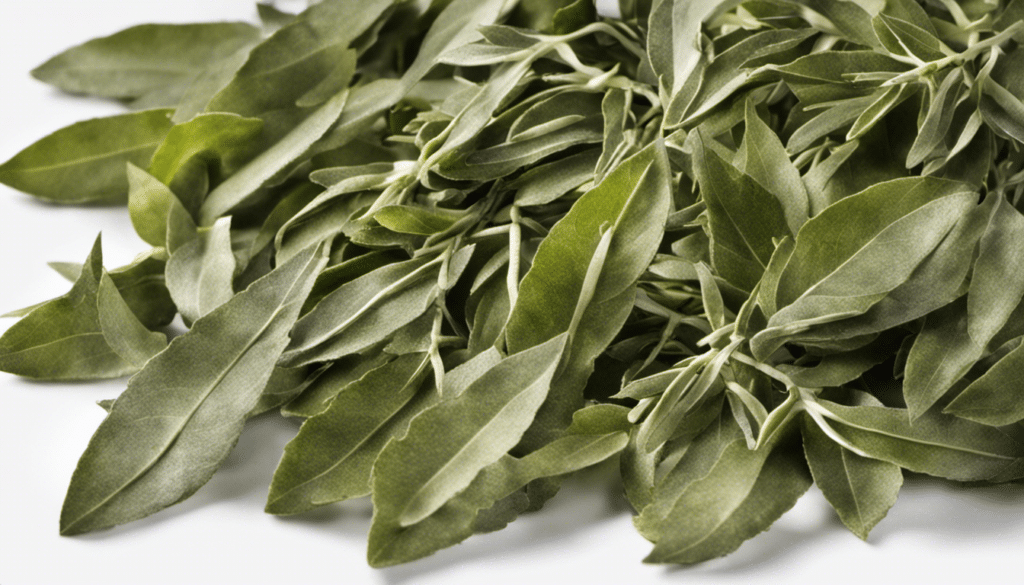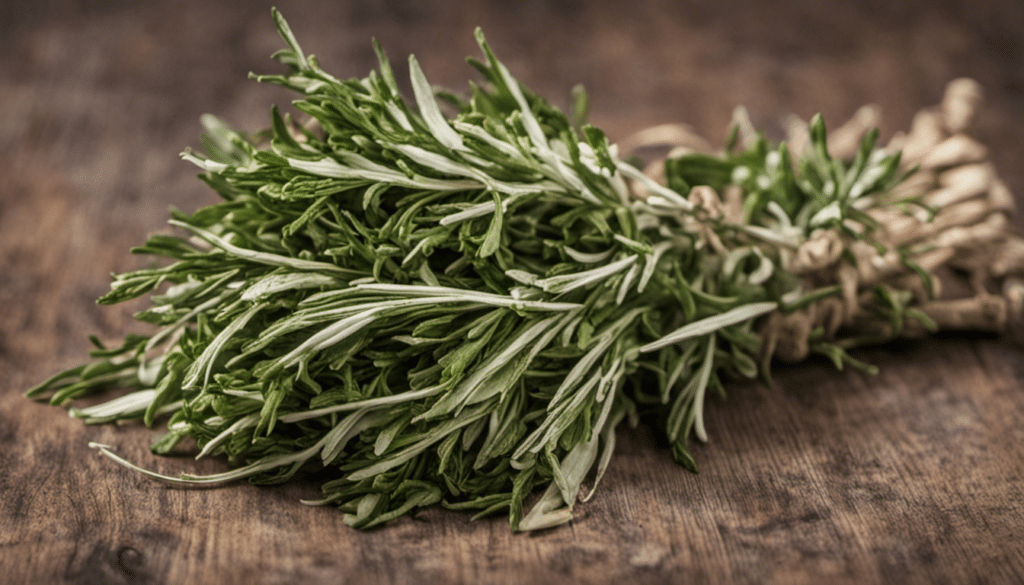Everything You Need to Know About Fenugreek

Enveloped in an aura of ancient mystery, Fenugreek holds a coveted place in the annals of traditional medicine and culinary arts. This versatile herb, with its fragrant seeds and bitter-sweet foliage, boasts of a history that meanders through the cultures of Egypt, India, and the Middle East. Today, we unravel the secrets of this phenomenal herb, guiding you through its profound health benefits, enchanting origins, and various monikers.
Let’s revisit Fenugreek’s origins
Fenugreek, known scientifically as Trigonella foenum-graecum, is an annual plant in the family Fabaceae. Born out of the fertile soils of the Mediterranean region, fenugreek traces its roots back to 4000 BC, finding notable mentions in the hieroglyphs of ancient Egyptian tombs and the scriptures of classical Arabian philosophers. Being a staple of Ayurvedic medicine, fenugreek journeyed to India where it thrives to date, adding warmth and depth to a plethora of Indian dishes.
Unveiling the health benefits of Fenugreek
Fenugreek’s time-honored reputation in healing comes from its potent synthesis of proteins, fibers, Vitamin C, niacin, potassium, and diosgenin. Its vast scorecard of health benefits ranges from improving digestive function and controlling diabetes to promoting weight loss and enhancing skin health.
The fibers in fenugreek slow down the absorption of sugars that comes in handy in managing diabetes. According to a study, it assists in lowering blood glucose levels while improving glucose tolerance. Furthermore, fenugreek’s seeds are known for their potential in promoting cardiac health by reducing cholesterol levels.
Famed for its anti-inflammatory and antioxidant properties, fenugreek serves as a potent ally in skincare, battling against free radical damage and reducing wrinkles. Additionally, its mucilaginous fiber assists with weight loss by fostering a sense of satiety.
Fenugreek and its alternate identities
Fenugreek is not just a plant of many benefits but also of many names. In Arabic, it is known as Helba while in Mandarin, it goes by the name Lǔbù. The Germans call it Bockshornkleesamen and the Italians, Fieno Greco. However, in the realms of Indian cuisine, where it is used in abundance, Fenugreek is most commonly recognized as ‘Methi’.
Whether you know it as fenugreek, methi, or one of its numerous other names, this herb undoubtedly holds a goldmine of health benefits. Its poignant, distinct flavor must be judiciously harnessed to enliven our dishes and fortify our well-being. So the next time you come across fenugreek in your spices aisle, give it a second thought. It might just be the missing flavor in your culinary repertoire and the answer to your health concerns.
Fenugreek Recipe Ideas
- Saag Aloo
- Slow Cooker Methi Murgh (Chicken with Fenugreek Leaves)
- Methi Ladoo Recipe
- Black Lentil Dahl and Fenugreek Chapatis
- Methi Ki Launji (Fenugreek Sweet and Sour Relish)
- Indian Methi Chicken (Murg Methi) Recipe
- Methi Thepla – Gujarati Methi Thepla Recipe
- Methi Moong Dal Dhokla Recipe
- Methi And Palak Paratha Recipe
- Cabbage And Methi Stir Fry Recipe



